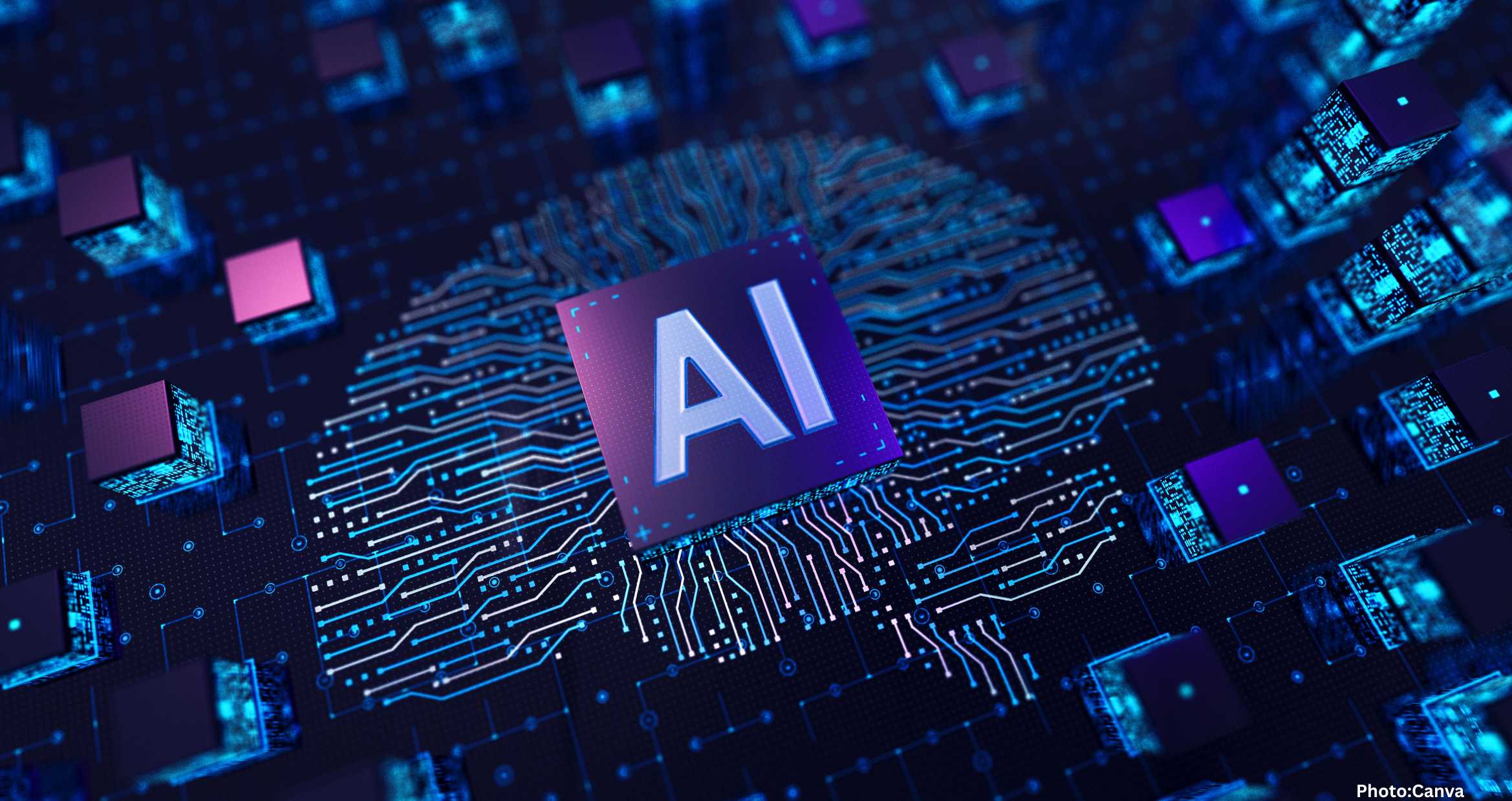Microsoft has launched the MAI Superintelligence Teams, aiming to develop advanced AI for medical diagnosis while prioritizing human interests and safety.
Microsoft is embarking on an ambitious initiative to create artificial intelligence that surpasses human capabilities in specific areas, beginning with medical diagnosis. This new endeavor, known as the MAI Superintelligence Teams, aligns with similar projects undertaken by other tech giants, including Meta and Safe Superintelligence.
Mustafa Suleyman, Microsoft’s AI chief, announced that the company plans to invest significantly in this project. While he did not disclose specific financial incentives, he noted that Microsoft would continue to attract talent from leading research labs, alongside integrating existing researchers into the new team. Karen Simonyan has been appointed as the chief scientist for this initiative.
Unlike some competitors pursuing the development of “infinitely capable generalist” AI, Suleyman expressed skepticism about the feasibility of controlling autonomous, self-improving machines. He emphasized the importance of ensuring that AI technology serves human interests, stating, “Humanism requires us to always ask the question: does this technology serve human interests?”
Suleyman articulated a vision for what he terms “humanist superintelligence,” which focuses on creating technology that addresses specific problems with tangible benefits. He aims for the Microsoft team to develop specialized models that achieve what he describes as superhuman performance while presenting “virtually no existential risk whatsoever.”
Examples of potential applications include AI systems that enhance battery storage solutions or assist in molecular development, referencing AlphaFold, the AI model developed by DeepMind that predicts protein structures. Suleyman, a co-founder of DeepMind, is keen to leverage this expertise in his new role at Microsoft.
In a recent blog post, Suleyman outlined the objectives of the new AI research group, which will not only focus on medical diagnostics but also explore educational tools and advancements in renewable energy production. He stated, “We’ll have expert level performance at the full range of diagnostics, alongside highly capable planning and prediction in operational clinical settings.”
Importantly, Suleyman clarified that the goal is not to create superintelligence at any cost. He emphasized the necessity of designing AI that remains subservient to human needs, ensuring that humans maintain their position at the top of the technological hierarchy. In an interview with Axios, he rejected the notion of a “race” to achieve artificial general intelligence (AGI), asserting that the outcomes from the new Superintelligence Lab will require time to materialize.
“I think it’s still going to be a good year or two before the superintelligence team is producing frontier models,” Suleyman remarked, indicating a measured approach to this groundbreaking project.
As Microsoft continues to forge ahead with its MAI Superintelligence Teams, the focus remains on developing AI that enhances human capabilities while safeguarding against potential risks associated with advanced technology.
Source: Original article

